 |
1. What types of common assets do spouses have?
According to Article 33 of the 2014 Law on Marriage and Family, the common property of a couple includes property created by the husband and wife, income from labor, production and business activities, profits and profits arising from separate property and other legal income during the marriage, except for the cases specified in Clause 1, Article 40 of the 2014 Law on Marriage and Family;
Article 40. Consequences of division of common property during marriage 1. In the case of division of common property of spouses, the divided property, profits and income arising from the separate property of each party after division of common property shall be the separate property of the husband and wife, unless otherwise agreed by the husband and wife. The remaining undivided property shall remain the common property of the husband and wife. |
Or property that the couple inherits together or is given together and other property that the couple agrees is common property.
In addition, the land use rights that a husband and wife acquire after marriage are the common property of the husband and wife, except in cases where the husband or wife inherits them separately, is given them separately, or acquires them through transactions using separate property.
If there is no basis to prove that the property in dispute between husband and wife is the separate property of each party, then that property is considered common property.
2. Can the common property of a married couple be used for business?
In case a couple puts their common property into business, the provisions of Article 36 of the 2014 Law on Marriage and Family shall apply.
Specifically, if a couple has an agreement that one party will use common property for business, that person has the right to personally conduct transactions related to that common property and that agreement must be made in writing.
Thus, the law on marriage and family allows the common property of spouses to be used for business purposes.
(Clause 2, Article 25 and Article 36 of the 2014 Law on Marriage and Family)
3. When divorced, how is the common property of the couple used for business divided?
According to Article 64 of the 2014 Law on Marriage and Family, a husband and wife who are conducting business activities related to common property have the right to receive that property and must pay the other party the value of the property they are entitled to, unless otherwise provided by business law.
4. General property obligations of spouses
Spouses have the following common property obligations:
- Obligations arising from transactions established by mutual agreement between husband and wife, obligations to compensate for damages for which, according to the provisions of law, husband and wife are jointly responsible;
- Obligations performed by the husband or wife to meet the essential needs of the family;
- Obligations arising from the possession, use and disposal of common property;
- Obligations arising from the use of private property to maintain and develop common property or to create the main source of income for the family;
- Obligation to compensate for damages caused by children that according to the provisions of the Civil Code, parents must compensate;
- Other obligations as prescribed by relevant laws.
(Article 37 of the Law on Marriage and Family 2014)
5. Responsibility of the State and society towards marriage and family
With regard to marriage and family, the State and society shall have the following responsibilities:
- The State has policies and measures to protect marriage and family, creating conditions for men and women to establish voluntary, progressive, monogamous marriages, with equality between husband and wife; building prosperous, progressive, happy families and fully performing their functions; strengthening propaganda, dissemination and education of laws on marriage and family; mobilizing people to eliminate backward customs and practices on marriage and family, promoting good traditions, customs and practices that reflect the identity of each ethnic group.
- The Government shall unify the State management of marriage and family. Ministries and ministerial-level agencies shall carry out the State management of marriage and family as assigned by the Government. People's Committees at all levels and other agencies shall carry out the State management of marriage and family as prescribed by law.
- Agencies and organizations are responsible for educating and mobilizing cadres, civil servants, public employees, workers, their members and all citizens to build cultural families; promptly reconcile conflicts within the family, protect the rights and legitimate interests of family members. Schools coordinate with families in educating, propagating and disseminating laws on marriage and family to the younger generation.
(Article 4 of the Law on Marriage and Family 2014)
Source



![[Photo] Dong Ho Paintings - Old Styles Tell Modern Stories](https://vstatic.vietnam.vn/vietnam/resource/IMAGE/2025/3/29/317613ad8519462488572377727dda93)
![[Photo] Prime Minister Pham Minh Chinh chairs meeting to urge highway projects](https://vstatic.vietnam.vn/vietnam/resource/IMAGE/2025/3/29/6a3e175f69ea45f8bfc3c272cde3e27a)

![[Photo] Prime Minister Pham Minh Chinh and Brazilian President Luiz Inácio Lula da Silva attend the Vietnam-Brazil Economic Forum](https://vstatic.vietnam.vn/vietnam/resource/IMAGE/2025/3/29/f3fd11b0421949878011a8f5da318635)













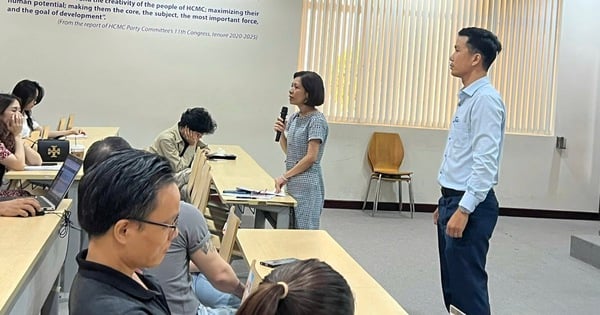

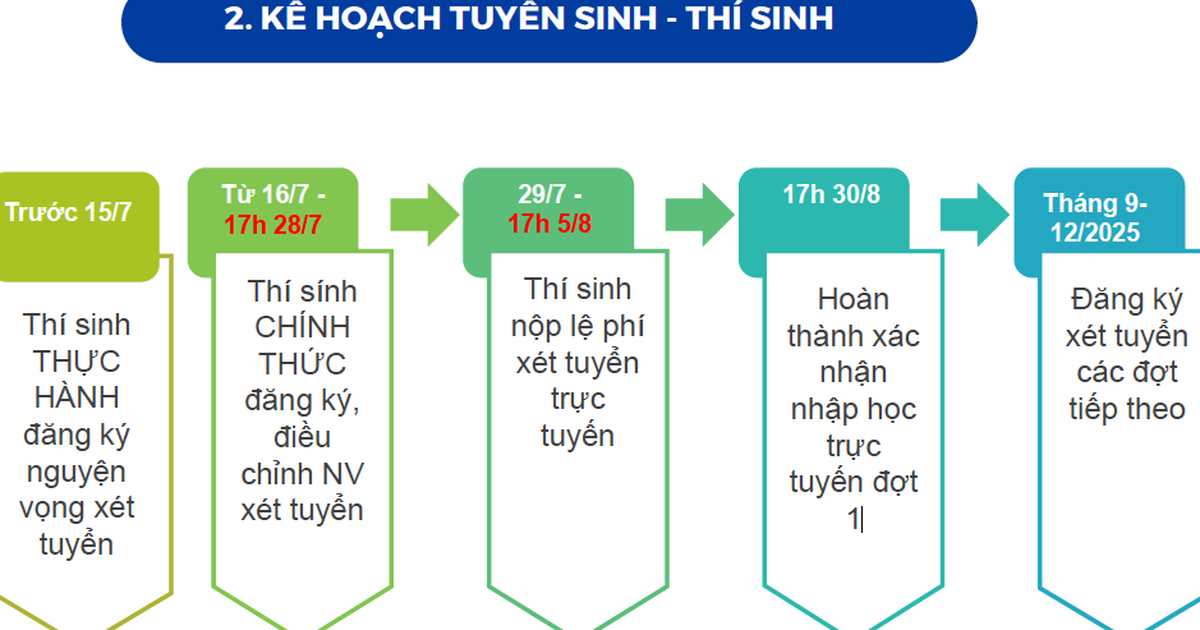





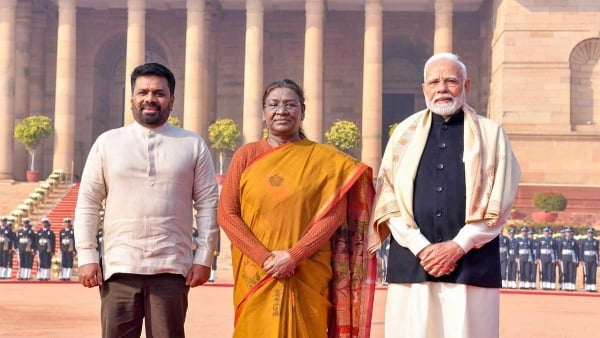







































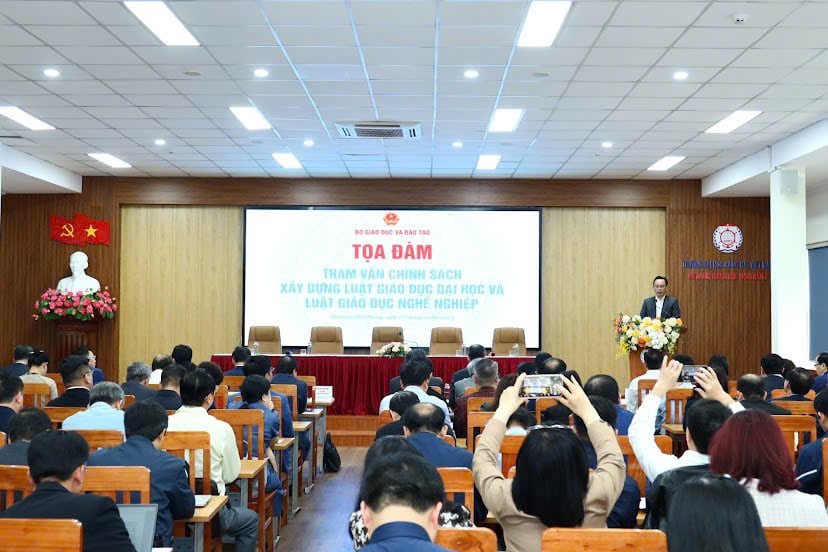

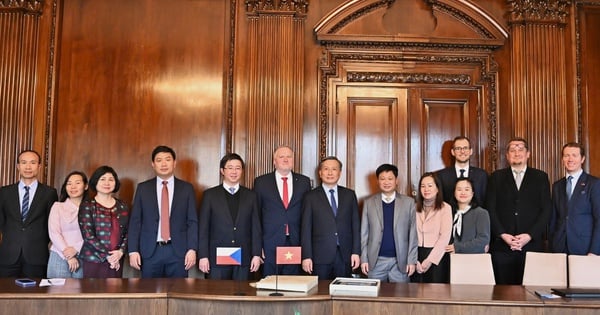

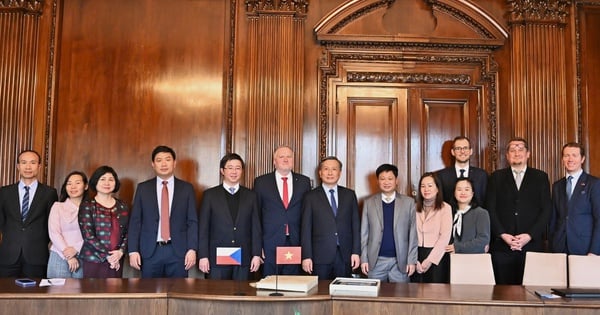


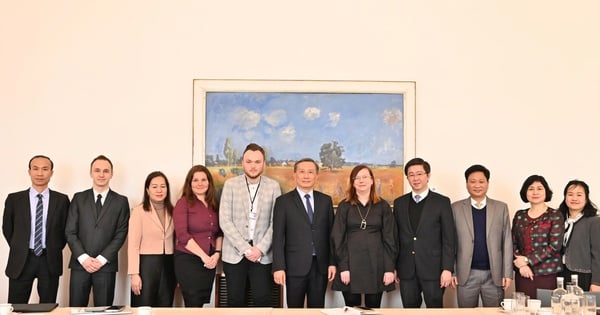







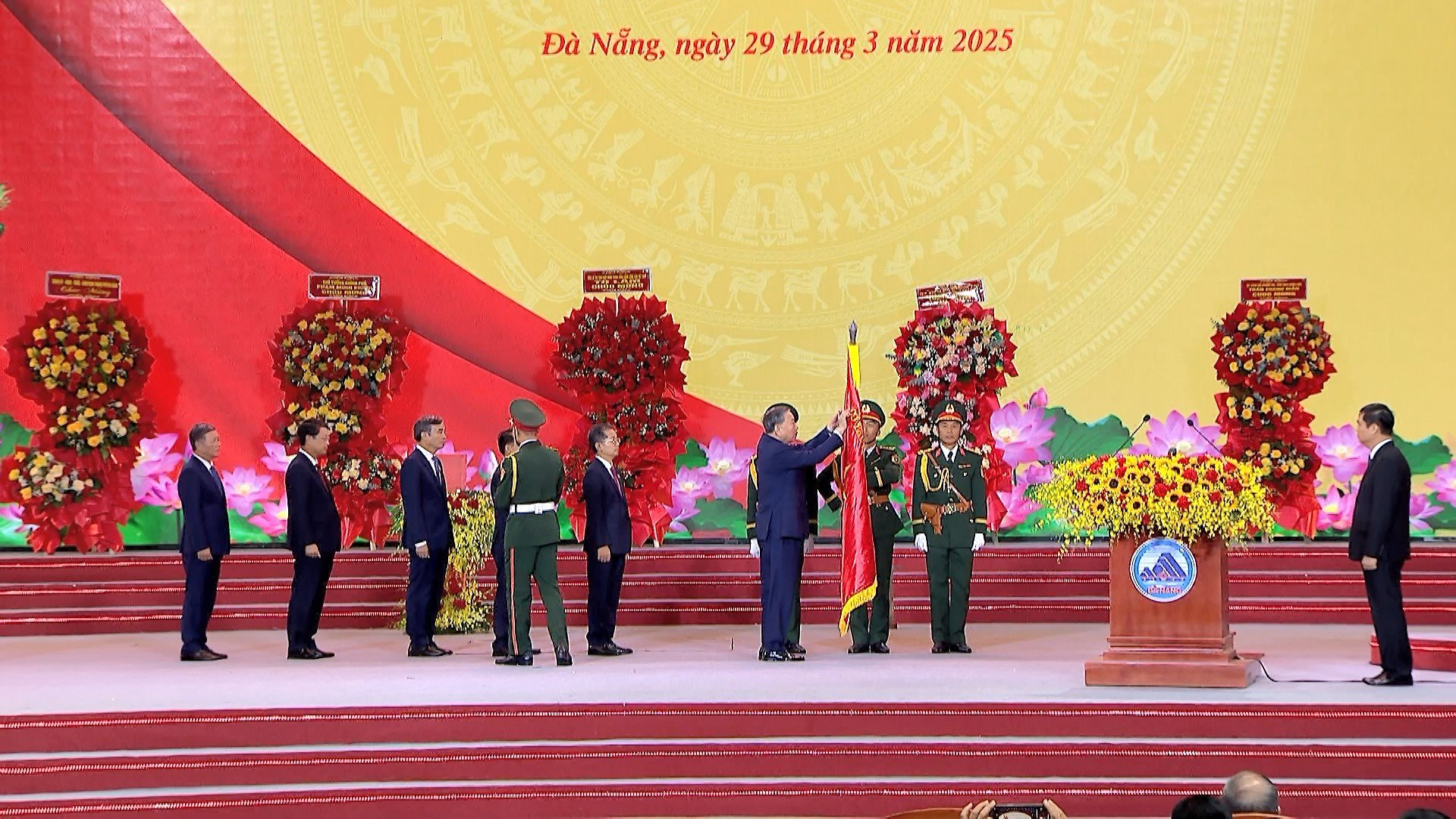









Comment (0)